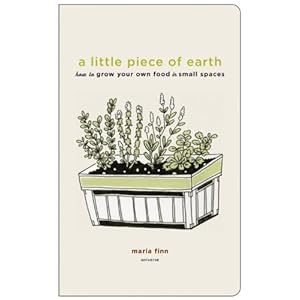How Carrots Won the Trojan Wars
January 12, 2012
Gardeners in mild winter climates like southern California are tending crops planted in the fall, perhaps sowing second crops of radishes, carrots or beets. Weeds are fewer in the winter garden and generally we can count on seasonal rains. Winter gardening is easy here in San Diego.
As a bi-coastal gardener I remember the Massachusetts garden calendar. Not much would happen between November and March unless, with forethought and a mild winter, I might pull carrots from under mulch in the cold frame.
At this time of year, when I lived in New England, seed and garden catalogs piled up on my bedside table. Often I’d crawl in bed early and read them, a move to stay warm in our drafty Victorian home. I’d make long lists, mark pages, compare prices, look for new varieties to grow as I thought optimistically about the coming year’s garden.
January was also a good time to do some garden reading. Sadly, I don’t read as much as I did when I was a Massachusetts gardener. In San Diego, the garden beckons all year. Here are two books I received as Christmas gifts this year. Perhaps the next rainy weekend…

And now to How Carrots Won the Trojan Wars by Rebecca Rupp, a cell biologist. If you’re not distracted by a winter vegetable garden, you might enjoy reading about vegetables. Here’s what Barnes and Noble Review says about the book:
Rebecca Rupp takes readers on a high-spirited romp through the vegetable garden with 23 amusing and surprising tales of veggie lore and veggies of yore. Did you know, for instance, that celery has been used at various times in history as a fashion statement, a laxative, and an aphrodisiac (by Casanova, no less)? Or about the thwarted poisoned pea plot against George Washington? Definitely not your garden-variety food history.
Thanks to Leslie Crawford of 3000 Tomatoes for the book tip.

